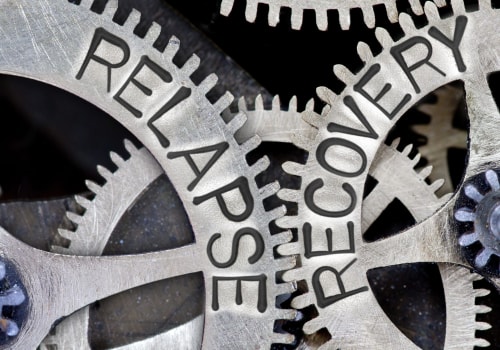Some activities are designed to provide residents with an opportunity to do activities while sober, activities they may be familiar with while they were intoxicated in the past. Examples might include karaoke, art activities, movie nights, fitness activities, yoga, and holiday activities depending on the time of year. If you're in residential treatment, your days usually follow a structured routine. The idea is that consistency (and not having to make so many decisions throughout the day) will help you recover.
Completing rehabilitation is a step forward in healing any broken relationship. When you finish a treatment program, you show your loved ones that you are committed to living a sober life and giving up bad habits. They can realize that you're in a healthier place and that trust can start to be restored. A person who is in rehabilitation for drug addiction has different needs than a person with an alcohol use disorder.
Many rehabilitation centers usually have a fixed schedule to turn off the lights, when free time is available during the day and you are encouraged to sleep. Here are some of the most common features of rehabilitation programs so you're as prepared as possible for the experience. Often, clients can start with approximately one month of inpatient rehabilitation and then move to an outpatient program for the rest of their time in structured treatment. For example, a doctor at a rehabilitation center can provide you with medication to control withdrawal symptoms or treat mental health conditions.
Although this can be a difficult process for some people, it's important to cleanse your body of these substances so that you're prepared, both physically and mentally, for the work that awaits you in rehabilitation. During family counseling, your family members will also learn about the dynamics of addiction and how best to support you once you leave the rehabilitation center. According to the National Institute on Drug Abuse (NIDA), addiction treatment must last at least 90 days to be effective, although it is not necessary to spend this entire period in an inpatient rehabilitation center. If you're considering rehabilitation as an option, you can take the first step by talking to a doctor, therapist, counselor, social worker, or calling a community or rehabilitation center for more information.
Minnesota, for example, is well known for its variety of public and private centers for people with alcoholism, which mostly follow the model of fixed-term inpatient rehabilitation programs initially established by the Hazelden Foundation and the Johnson Institute, which follow strong guidance from Alcoholics Anonymous (AA) and have different intensities of aftercare services. Residential treatment in a residential facility with 24-hour supervision is best for patients with overwhelming substance use problems who lack sufficient motivation or social support to maintain abstinence on their own, but who do not meet clinical criteria for hospitalization.



